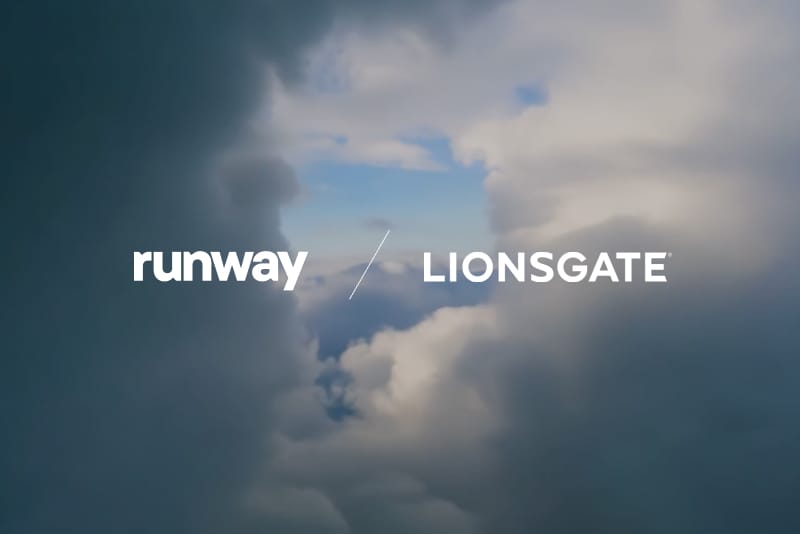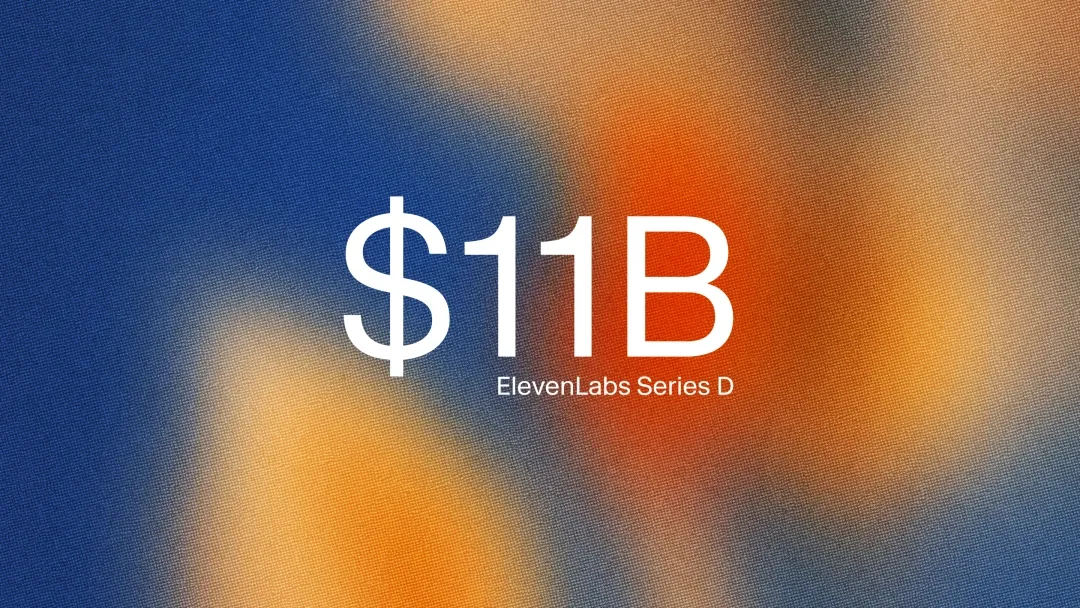Runway and Lionsgate have negotiated a strategic partnership that will grant Runway access to Lionsgate's portfolio to create a model that enables "Lionsgate Studios, its filmmakers, directors, and other creative talents to augment their work". According to Runway, the model will output cinematic video which can be refined and iterated using Runway's tool suite. Lionsgate Vice Chair Michael Burns remarked on how AI would enable the studio to "develop capital efficient content creation opportunities" which tellingly indicates that the potential money savings are an important driver behind the collaboration, perhaps more so than enabling creative talent to "augment their work".
Runway for its part, highlighted its commitment to building "transformative mediums for artistic and creative expression". The company claimed it is looking into licensing or offering its custom models as templates for other individual creators who want to train or fine-tune proprietary models. News of the Lionsgate partnership and Runway's desire to expand its custom model training and fine-tuning services come a little over a month after Judge William H. Orrick III of the district court for the northern district of California allowed a class action lawsuit against Stability AI, Midjourney, DeviantArt and Runway AI to proceed to the discovery stage after accepting the core of the plaintiffs' complain which states that the media generation systems developed by these companies were built using unlicensed copyrighted content and that AI-powered media generation systems facilitate copyright infringement.
Additionally, the partnership was officially announced about a day after the governor of California, Gavin Newsom, signed two bills to regulate AI use in California's media industry. Bill AB 2602 requires interested parties to obtain consent from actors before creating digital replicas of their voice or likeness, while Bill AB 1836 forbids the creation of digital replicas related to deceased without permission from their estates.







Comments